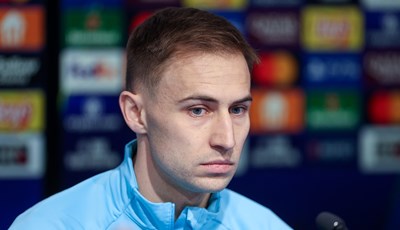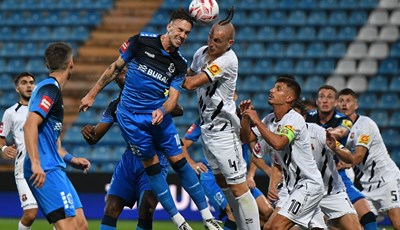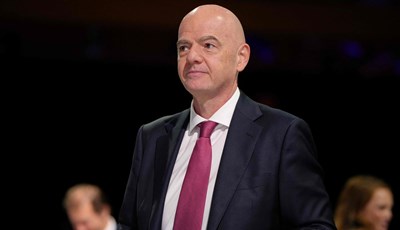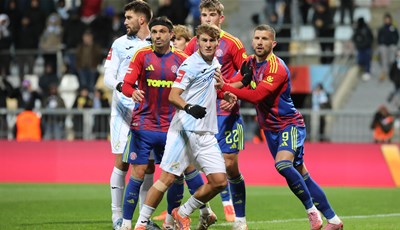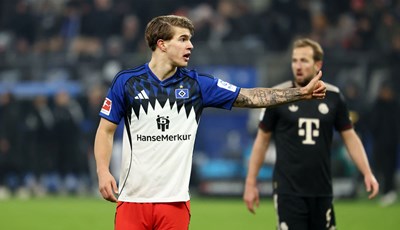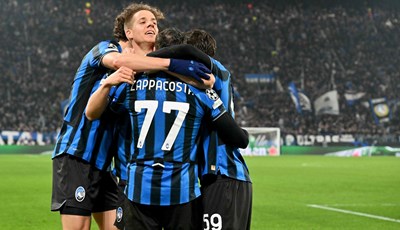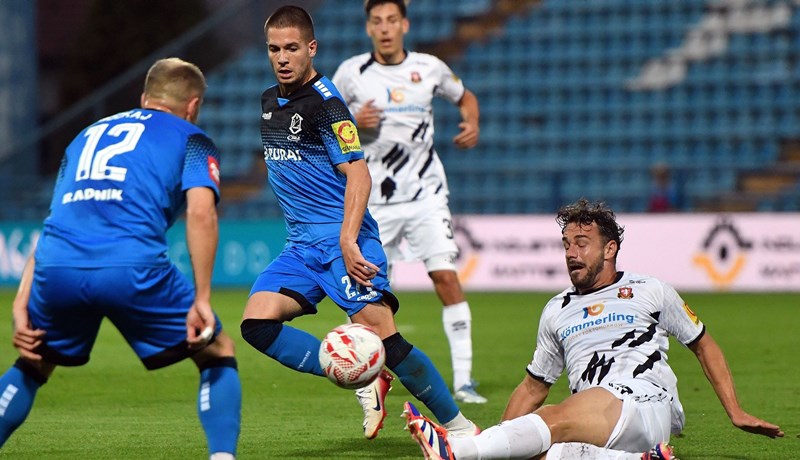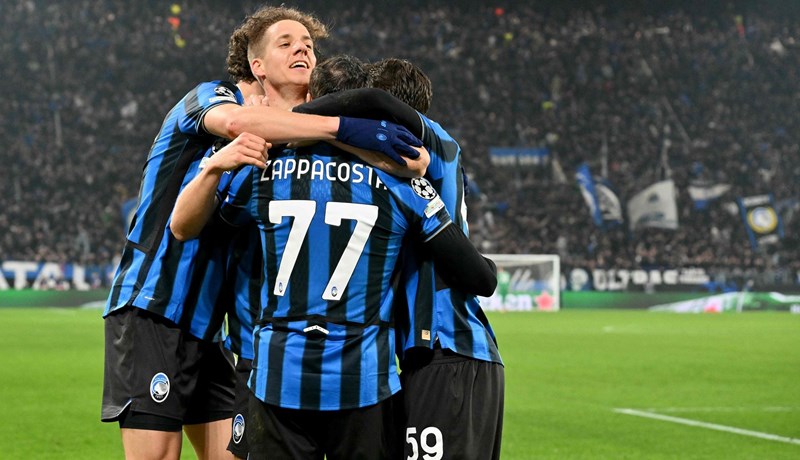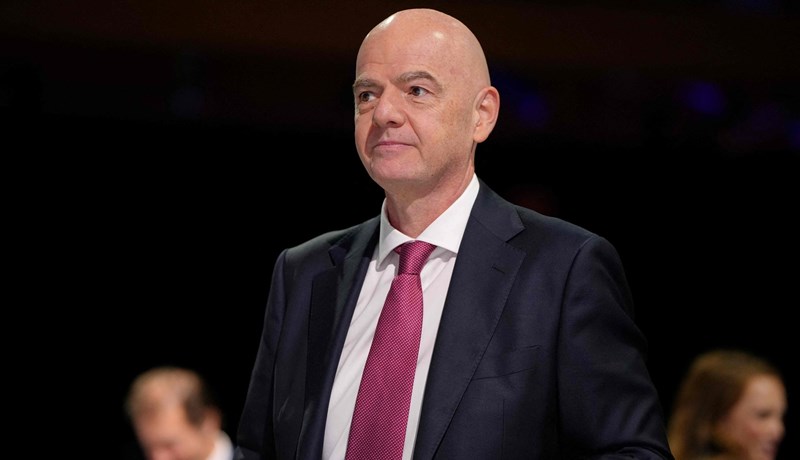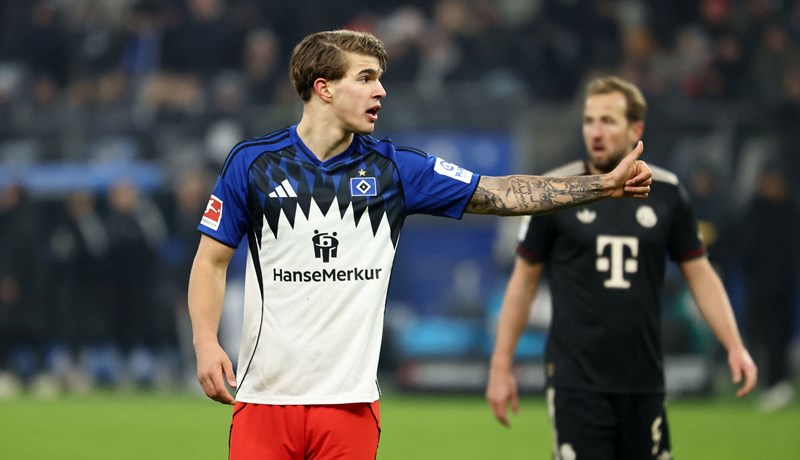chule je napisao/la:
danchy je napisao/la:
Potapenko_09 je napisao/la:
Hejtamo repku koja nije skoro nista osvojila, a i to malo mogu zahvalit iskljucivo genijalnosti te koristenju svih ekstremiteta velikog DAM-a.
Vidi cijeli citat
Repka koja nije skoro ništa osvojila

15 Copa i uz navedeno SP osvojili su i ono 1978.,
bez ikakvih mrlja.
Ostavi se nogometa..
Vidi cijeli citat
Auuuu kako bi reko drug advokat Čedo Prodanović, ''omašio si ceo fudbal''
Pitaj Nizozemce što misle o toj tvojoj hrabroj tvrdnji.
Vidi cijeli citat
Eh da je samo to..
A controversial fact surrounding the 1978 World Cup was that Argentina had suffered a military coup only two years before the cup, a coup known as the National Reorganization Process. Less than a year before the World Cup, in September 1977, Interior Minister General Albano Harguindeguy, stated that 5,618 people had recently disappeared. The infamous Naval Mechanics School (known by its acronym ESMA) held concentration camp prisoners of the Dirty War and those held captive reportedly could hear the roars of the crowd during matches held at River Plate's Monumental Stadium, located only a mile away;[3] prompting echoes of Hitler's manipulation of sports during the 1936 Berlin Olympics.[4] Because of the political turmoil, some countries, most notably the Netherlands, considered publicly whether they should participate in the event. Despite this, all teams eventually took part without restrictions. Allegations that Dutch star Johan Cruyff refused to participate because of political convictions were denied by him 30 years later.[5] More controversy surrounded the host, Argentina, as all of their games in the first round kicked off at night, giving the Argentines the advantage of knowing where they stood in the group. This issue would arise again in Spain 1982, which prompted FIFA to change the rules so that the final two group games in subsequent World Cups would be played simultaneously.
Further accusations surround the game Argentina and Peru played in the second round of the tournament. Argentina needed to win by a margin of four goals to proceed to the final and did so by defeating Peru by 6–0. However, claims that the Argentine military dictatorship interfered to ensure Argentina would defeat Peru, were denied by the Peruvian captain and several Peruvian players.[6] Some accusations originated in the Brazilian media and pointed to the fact that the Peruvian goalkeeper had been born in Argentina.[7][8] There is also an alleged deal, reported by the British media as an anonymous rumour, that involved the delivery of a large grain shipment to Peru by Argentina and the unfreezing of a Peruvian bank account that was held by the Argentine Central Bank.[9] Another alleged deal, published by a Colombian drug lord in a controversial book, involved the Peruvian team being bribed without any political implications.[10] A third alleged deal, claimed by a Peruvian leftist politician, encompassed sending 13 Peruvian dissidents exiled in Argentina back to Peru.[11] On top of the contradictions between stories, no evidence is shown in any case.
Three months before the World Cup, Argentina had beaten Peru 3–1 in Lima, head to head record was 15–3 in favour of the hosting nation and Peru had never beaten Argentina away from home. However, Peru had conceded only 6 goals in their previous 5 games in the World Cup. During the first half, Peru hit the post twice after two counters when the game was 0–0. Argentina managed to get ahead 2–0 before the end of the first 45 minutes. During the second half, Argentina was ahead 4–0 when Peru had another clear chance. Argentina kept attacking and scored twice more, making it 6–0 and surpassing the needed margin.

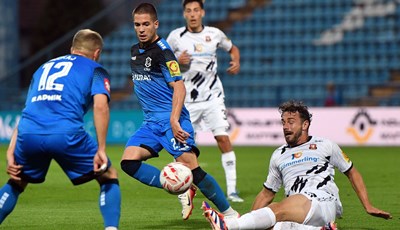
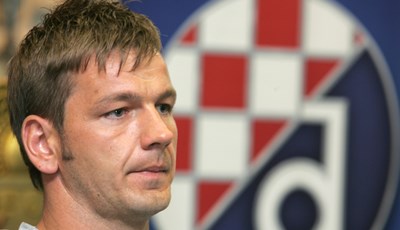
![[UŽIVO] Najveće iznenađenje SuperSport Hrvatskog nogometnog kupa na najtežem mogućem gostovanju](/photos/_resized/524/47/0000000000524475_400_230_cut.jpg)
